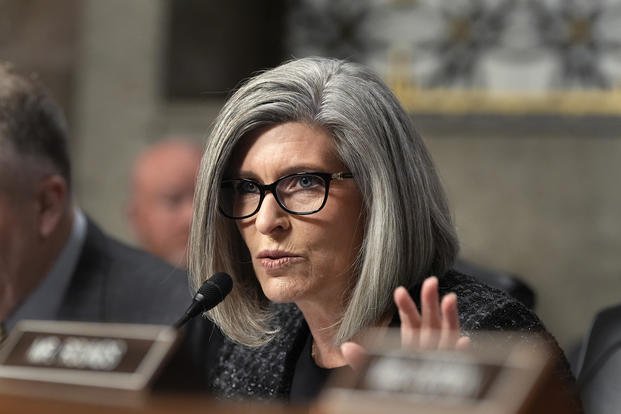The U.S. Navy"s decision to rename the USNS Harvey Milk, a ship named after the legendary gay rights activist, is not just a bureaucratic move; it represents a calculated assault on the values of inclusivity and justice that Milk embodied. Defense Secretary Pete Hegseth’s directive to erase Milk’s name during Pride Month is a glaring signal of the current administration"s hostility towards marginalized communities.
Renaming a Ship is a Dangerous Precedent
The renaming of military vessels is an infrequent occurrence, steeped in tradition and respect for their namesakes. The USNS Harvey Milk was named in 2016 to honor Milk"s legacy as one of the first openly gay elected officials in America. He broke barriers and advocated tirelessly for LGBTQ rights until his assassination in 1978. The Navy"s decision to strip his name is not merely cosmetic; it undermines the very principles of representation and equality that many have fought to uphold.
Political Motivations Behind the Move
As reported by Military.com, the directive for renaming the ship aligns with the current administration"s push to reestablish a so-called "warrior culture." This phrase is often code for a militaristic and exclusionary ethos that marginalizes voices advocating for social justice. The timing of this announcement, coinciding with Pride Month, feels particularly vindictive, as it seeks to erase the visibility of LGBTQ individuals within the military.

Combat Veteran, Sexual Assault Survivor Senator Backs Hegseth ...
Backlash from Lawmakers and Activists
Prominent political figures, including Rep. Nancy Pelosi, have condemned the decision, calling it a "surrender of a fundamental American value". Pelosi"s statement highlights the broader implications of this erasure: it signals a retreat from the progress made in civil rights and a regression into a culture of intolerance. The potential renaming of other ships in the John Lewis-class, which honors civil rights icons such as Thurgood Marshall and Ruth Bader Ginsburg, further exacerbates concerns about a systematic effort to erase the contributions of marginalized figures from military history.
Historical Context of LGBT Representation in the Military
The erasure of Harvey Milk"s name is particularly poignant given his own military history. Milk served in the Navy during the Korean War, yet was dishonorably discharged due to his sexual orientation. His life story encapsulates the struggles faced by LGBTQ service members, who have historically been marginalized and discriminated against. By renaming the ship, the Navy not only dismisses Milk’s legacy but also sends a message to current and future LGBTQ service members that their contributions may never be honored.

Navy to rename USNS Harvey Milk, latest Trump White House move against LGBTQ history
The Dangers of Historical Amnesia
This decision to rename the USNS Harvey Milk reflects a broader trend of historical amnesia—a forgetting of the struggles against oppression and the champions of civil rights. When the government actively seeks to erase the names of those who fought for equality, it risks fostering a culture of silence and complicity, where the contributions of marginalized individuals are rendered invisible. The implications extend far beyond military nomenclature; they touch the very fabric of American identity and values.
As reported, the Navy"s recent renaming of ships tied to the Confederacy demonstrates that there is a precedent for changing names based on historical context. However, the current administration"s choice to focus on erasing LGBTQ representation while maintaining ties to a legacy of racism and oppression is hypocritical. This contradiction highlights the need for a thorough examination of our military’s values and priorities, particularly as they relate to inclusion and representation.


![[Video] Hillary Clinton: Women's equality is the unfinished business of the 21st century](/_next/image?url=%2Fapi%2Fimage%2Fthumbnails%2Fthumbnail-1765096256004-4wn0xo-thumbnail.jpg&w=3840&q=75)

![[Video] Erdogan: Ethnic and religious diversity should not divide Turkey](/_next/image?url=%2Fapi%2Fimage%2Fthumbnails%2Fthumbnail-1764249656004-ion8m-thumbnail.jpg&w=3840&q=75)


![[Video] Gunfire between Iraqi security forces and Sadr militias in Baghdad](/_next/image?url=%2Fapi%2Fimage%2Fthumbnails%2Fthumbnail-1768343508874-4redb-thumbnail.jpg&w=3840&q=75)
